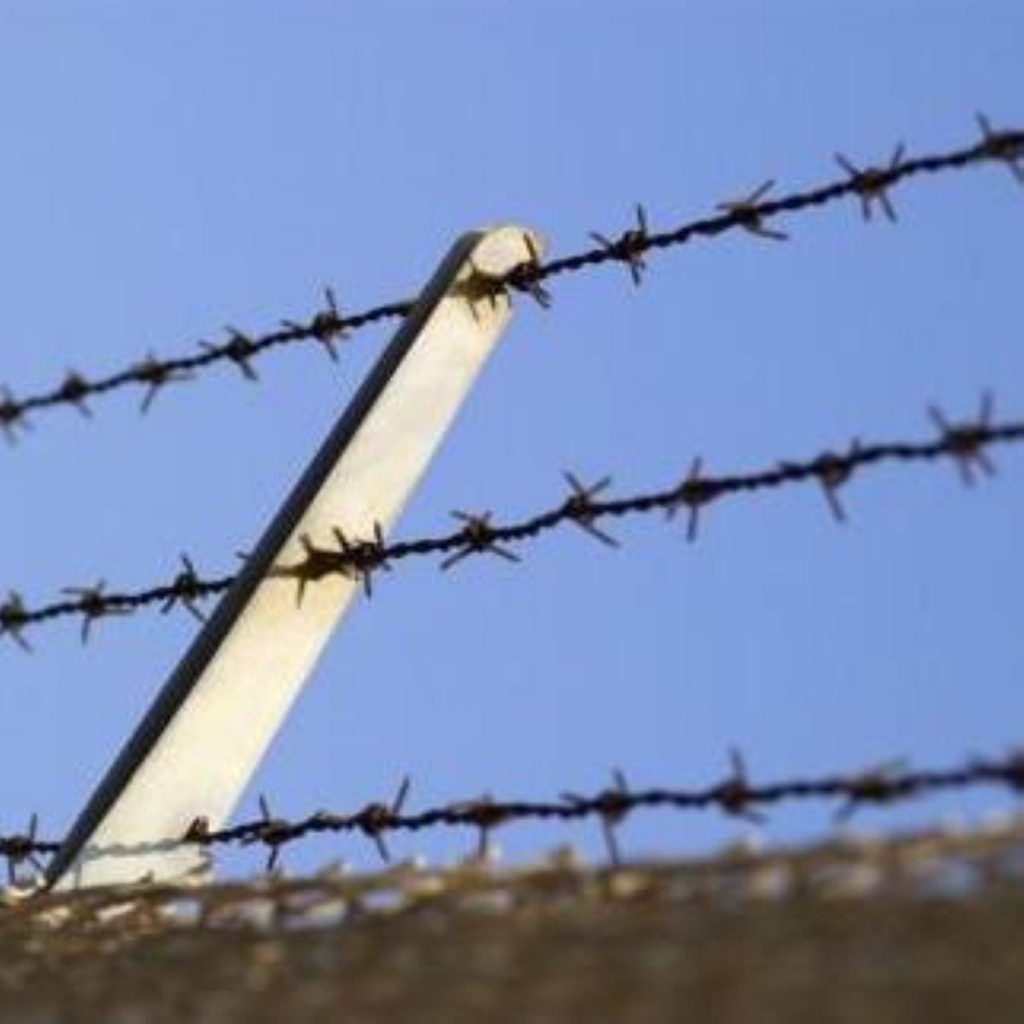Prisons chief slams child detention
Children should only be detained in exceptional circumstances, the chief inspector of prisons said today after a new report finds some youngsters are “damaged” by the experience.
Anne Owers was speaking after inspectors at the government’s largest immigration removal centre at Yarl’s Wood found one autistic child held there had not eaten properly for four days.
In a new report about the centre, which holds only women and family groups, prison inspectors welcome attempts to make the centre a more child-friendly place but called for improved child protection procedures.
The report describes education at the centre near Bedford as “inadequate”, especially for older children, and highlights three children who were detained just before their GCSE exams.


“Our findings at Yarl’s Wood underline the recommendation that we have repeatedly made, and which was echoed last week in the joint inspectorates report into children’s safeguards – that the detention of children should be exceptional and that there must be independent and immediate welfare and needs assessments of each child,” Ms Owers said.
Staff at Yarl’s Wood, near Bedford, were praised for dealing “positively and respectfully” with detainees and with making efforts to provide sufficient and culturally sensitive activity for detainees.
However, the report raises concerns about the support given to vulnerable and self-harming women, noting that detainees were twice as likely to feel unsafe there than at other centres.
Inspectors also noted that some detainees, particularly African women, reported poor relationships with staff and negative attitudes.
Accommodation was good, if institutional, and fire safety systems were described as excellent. In addition, links with the local voluntary Befriending Group were “much improved”.
In response, home office minister Tony McNulty said a number of steps had been taken to address the report’s concerns, including improvements to education provision and plans for a dedicated social worker responsible for welfare assessments.
But he insisted that while detention of families with children was “an emotive issue and it is not something we do lightly”, it was a vital part of the immigration system.
“Detention is used sparingly and for the shortest period necessary. However, the power to detain is an essential part of protecting the integrity of and public confidence in our immigration controls,” Mr McNulty said.

